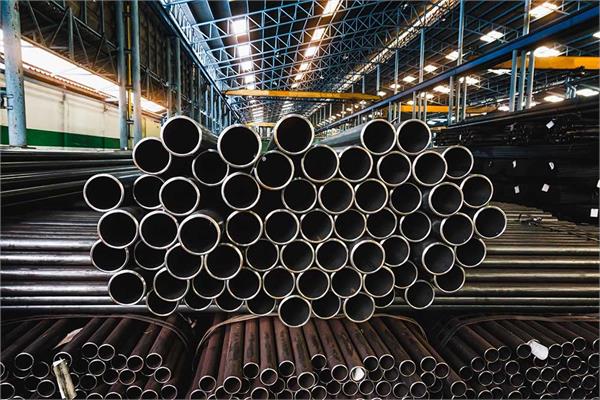
Cortec announced the release of EcoAir Biobased Outdoor Coating powered by Nano VpCI, a ready-to-use temporary coating designed for severe marine and high humidity conditions.
With the aim of making corrosion prevention more environmentally responsible, Cortec Corporation developed EcoAir Biobased Outdoor Coating, a biobased temporary protective coating powered by Nano VpCI, designed for severe marine and high humidity conditions.
EcoAir Biobased Outdoor Coating comes in a spray can and it is classified as non-flammable. It provides multi-metal corrosion protection
that is temperature stable to 180 °F (82 °C). It leaves behind an oily protective film that does not dry and offers outstanding rust prevention in outdoor applications[1].* When the protection period is over, EcoAir Biobased Outdoor Coating can be removed by rinsing with a Cortec VpCI 41x series cleaner degreaser.
EcoAir Biobased Outdoor Coating is a USDA Certified Biobased Product that contains 65% USDA biobased content. This high level has been achieved by combining renewably sourced oil and solvent materials with Cortec’s proprietary VpCI corrosion inhibitor formulation for effective protection.
The EcoAir spray can benefits
While Cortec has offered biobased coating technology similar to EcoAir Biobased Outdoor Coating in the past, now is the first time the product is packaged in an EcoAir bag-on-valve spray can. This makes the coating easy to carry around and spray where needed, even in remote locations that do not have readily available electricity to run power spray equipment. EcoAir cans can be sprayed in any direction, even upside down, making it easy to apply the coating in hard-to-reach areas.
An EcoPouch inserted into the pressurized can contains the liquid, which is expelled by the surrounding pressure as the valve is depressed. When the can is empty, the metal can be recycled after the pouch is removed.
Fields of application
EcoAir Biobased Outdoor Coating is a convenient, more sustainable option for temporary protection of metal parts almost any place a wet film corrosion inhibitor is desired.
For example, tube manufacturers who need to temporarily store piping on sheltered outdoor racking; offshore layup crews in the habit of protecting bare metal moving equipment parts; manufacturers who want to spray a light oily biobased protective coating on metal components before shipping or storage (e.g., automotive service parts).
[1] Users should take care not to expose the coated materials to environments where the coating could be washed off by rain or similar elements.